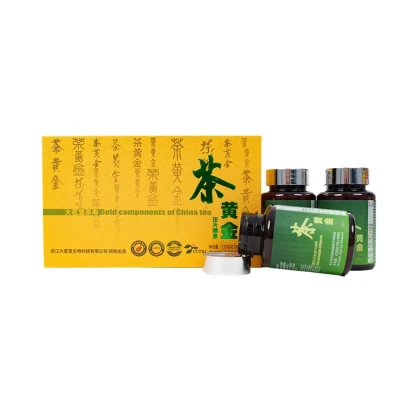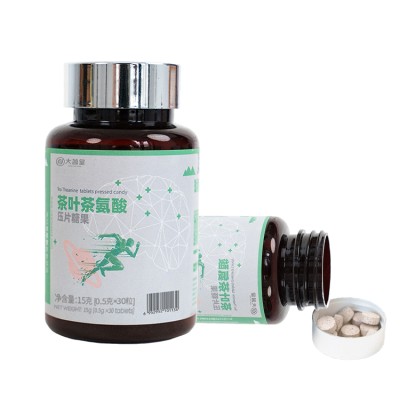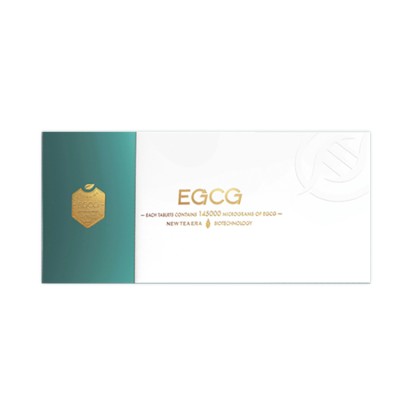
Antioxidants in tea

1.Tea polyphenols, catechins and theanine, which are found in tea, have powerful antioxidant properties that help neutralize free radicals in the body and slow down the cellular aging process. This has positive health effects in preventing many chronic diseases such as cardiovascular disease and cancer.
2.Studies have shown that regular consumption of tea can increase the level of antioxidants in the blood, thereby strengthening the body's ability to fight oxidative stress. It also provides a natural protection against the various environmental stresses we face in modern life.
3.Tea polyphenols are present in the fresh leaves of the tea tree, and its content is very considerable, generally 18% to 36%, and is the main component that determines the color, aroma and taste of tea.
4.Among them, catechins account for more than 60% of the total amount of tea polyphenols, and EGCG (epigallocatechin gallate) is the most important component of catechins, accounting for about 70% of the total amount of tea polyphenols, and is also the most active, which plays an important role in human health is to improve the symptoms of arthritis and some indicators of inflammation.
5.Dating back to 1972, the U.S. FDA classified tea polyphenols as antioxidants in food additives, providing legal support for the use of tea polyphenols in food.
6.A growing number of epidemiological studies have shown that tea polyphenol intake helps slow down the aging process and plays a positive role in the preventive treatment of some common diseases, such as cancer, neurodegenerative diseases, and cardiovascular diseases.
7.Through the regulation of antioxidant enzymes and the delicate cooperation with other nutrients, tea polyphenols may help to scavenge free radicals in the body, displaying highly effective antioxidant capacity and providing a natural support for human health.



